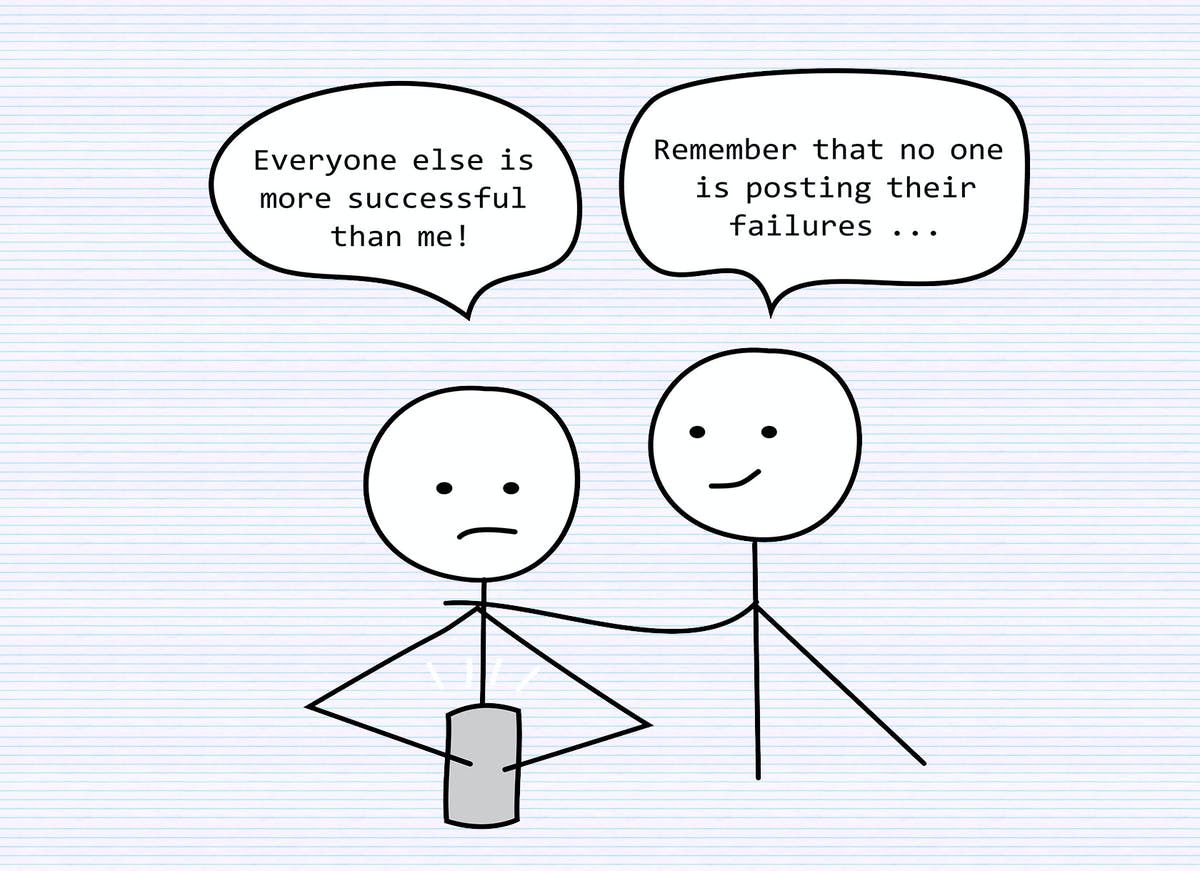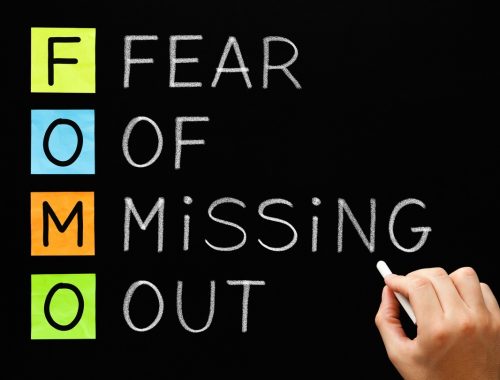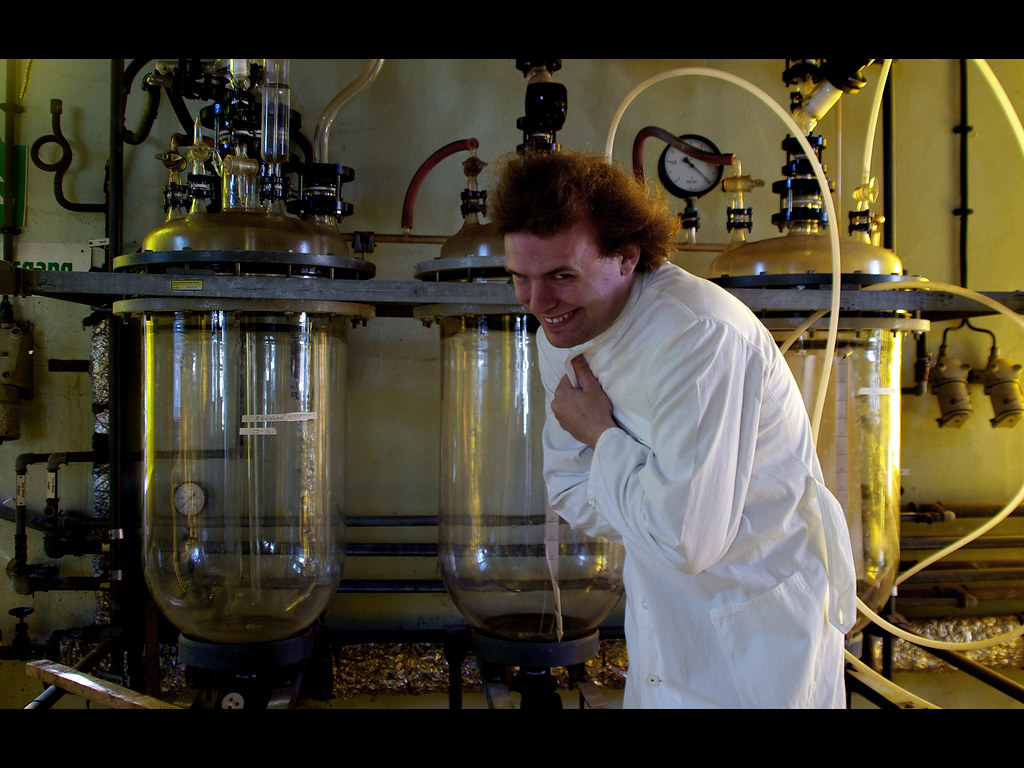
How Comparing Yourself To Others Ruins Your Mental Health
Comparing yourself to others is a common human dynamic that first rears its head when children are very small, such as toddlers wanting whatever toy is in the hands of the kid next to them. It gains momentum in elementary school when kids follow fads, and it’s noticed when someone isn’t watching the same shows or playing the same games as everyone else.
High school, the world of brand names, popular music, cliques and “fear of missing out” is when social comparison really takes hold, and it never quite goes away as people focus on getting into the better colleges, landing the better jobs, marrying someone their friends might envy, and building a picture-perfect life with them. When someone has kids, they rejoin the cycle through them.
Adults face many of the same social comparison pressures as teens to one degree or another: comparing looks, social status, material items, even relationships.
Research
Researchers have identified two types of social comparison: upward social comparison, where we look at people we feel are better off than we are in an attempt to become inspired and more hopeful, and downward social comparisons, where we look at people who we feel are worse off than we are, in an effort to feel better about ourselves and our situation.
These comparisons aren’t always bad for us, but they can sometimes be less helpful than we think they will be, and at times they are truly bad for our happiness and stress levels. Some of the factors that affect whether social comparisons are helpful or harmful are our self-esteem, the stressors we already have in our lives, and whether we’re making upward or downward social comparisons.

Risk Factors
People who have higher self-esteem and fewer stressors in their lives tend to fare better with social comparisons. For example, generally speaking, when we make downward social comparisons and compare ourselves to those who are less well-off, it generally makes us feel better.
However, those with high self-esteem experience a greater bump. Those with lower self-esteem, or who experience greater threats or stress in their lives, tend to use downward comparisons more often. This can lift their mood, but not as much as it does in those who are already doing better in these areas.
Upward social comparisons—comparing ourselves to those who are better off as a way to get inspired—can make us feel just that: inspired. Those who are going on diets can use pictures of people who embody their physical goals and feel more motivated.
Those who are working hard in business can have a role model they strive to emulate, and feel clearer on their path. However, those who have lower self-esteem or have recently experienced a setback can feel worse when they make upward social comparisons, experiencing both a drop in mood and often an increase in stress.
Comparisons Create Stress
Social comparison comes in many forms. Basically, whenever people gather, we have a tendency to compare ourselves and usually form some sort of hierarchy, formal or unspoken. Clubs have officers who are elected and awards that are given to those who excel, and most people are aware of the more influential members.
Moms’ groups compare their babies’ milestones and their relationships both in an effort to be sure their kids are progressing and to measure their own success as moms. From the high achievers to those looking for friends and fun, we tend to compare.
These comparisons can stress us, however, as we may find ourselves lacking when we make upward social comparisons. We may come off as conceited or competitive when we make downward social comparisons, which can create stress in our relationships.
Impact of Social Media
Social media has taken the social comparison to a whole new level in the last several years. We see who is doing what we’re not, and we may become stressed wondering if we’re doing enough, earning enough, enjoying life enough. We compare our regular lives with other people’s curated best memories. We don’t know whether they’re just posting their highlights and the best photos out of dozens, or if they’re really sharing casual and spontaneous events as they happen.
Either way, many people find that social media exacerbates social comparison in all the worst ways, making many of us feel worse about ourselves, and research seems to back this up. This happens in casual, real-life scenarios as well.
Have you noticed yourself feeling happy for a friend when you hear their good news, but a twinge of regret for yourself that you’re not experiencing the same good fortune? Conversely, have you found yourself feeling a tiny jolt of satisfaction when you hear someone else has fallen down a bit, experiencing some misfortune that makes you feel luckier in comparison?
While these feelings can sometimes be automatic, we don’t need to let our instincts toward social comparison be an important part of who we are. We can minimize these tendencies and counteract them with a little effort so we feel less stressed by them. The first step, however, is being aware of social comparison in ourselves and in others.

Competitive Friends
Competitive friends can work in our favor if they’re competing against themselves and supporting us to compete against ourselves, or if they playfully push us to reach our potential.
If you feel judged, if you feel your friend is upset when you succeed and happy when you fail, or if you feel pushed too hard, this is not a friendship that is competitive in a healthy way.
Clearly, it’s best to have friends (and to be friends) who are only happy for one another’s success and to offer support rather than claim subtle superiority when friends experience setbacks. This can take a little effort, but it’s worth it in terms of the stress we save ourselves by eliminating competitiveness and replacing it with camaraderie.
You May Also Like

Understanding the Laws of Attraction.
2022-03-02
Understanding How Marketers Use FOMO to Manipulate You
2022-03-22

